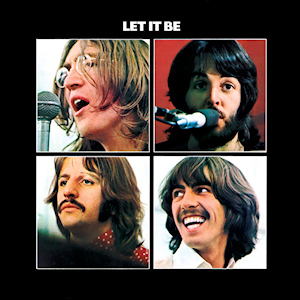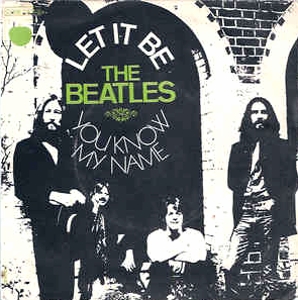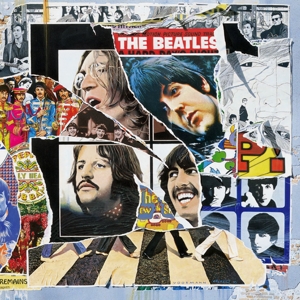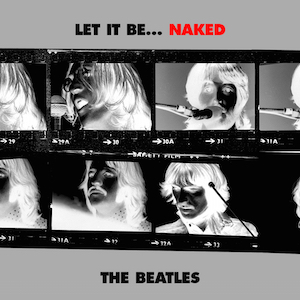 For a song titled “Let It Be,” Paul McCartney has never really let it be. To date, not counting any live recordings, there are no fewer than 4 different versions of this Beatles’ classic on various albums & CDs.
For a song titled “Let It Be,” Paul McCartney has never really let it be. To date, not counting any live recordings, there are no fewer than 4 different versions of this Beatles’ classic on various albums & CDs.
McCartney has always said the inspiration for the tune came to him in a dream where he was visited by his long dead mother, Mary McCartney. The band was on the verge of splitting up during the sessions for the project that became known as The White Album. In Paul’s dream, his mother told him everything would be all right. “Let it be.”
So, Paul began working on the composition while they wrapped up the White Album sessions in September, 1968. In January of 1969, work on the song with the rest of the band commenced in earnest. On January 31st of that year, the lads recorded what would become the master take for two of the subsequent releases of the song.
 The Single Release: Not totally satisfied with the master take from January, George Martin called George Harrison back into the studio to overdub a new guitar solo for the song. On April 30, 1969 Harrison gave Martin a new solo. That was overdubbed onto the master track and released as a single on March 6, 1970. This version is relatively quiet and Martin mixed the orchestral tracks low.
The Single Release: Not totally satisfied with the master take from January, George Martin called George Harrison back into the studio to overdub a new guitar solo for the song. On April 30, 1969 Harrison gave Martin a new solo. That was overdubbed onto the master track and released as a single on March 6, 1970. This version is relatively quiet and Martin mixed the orchestral tracks low.
The Album Release: To get the long-stalled album back on track, John Lennon called in producer Phil Spector. Spector remixed “Let It Be,” using the same master track as the single, but adding a different, more aggressive Harrison solo (recorded on January 4, 1970) and bringing the orchestra up quite a few notches. It as been reported that McCartney absolutely loathed this mix of the song, but it was released on the LP and remains the most familiar of the four authorized mixes.
 The Anthology Release: For the giant 6-disc Anthology series of recordings released in 1996, the surviving members of the Beatles and Martin included an earlier take of the song from the January, 1969 sessions. This one was recorded before Paul had composed the final verse, so he simply repeats the first verse where the third verse should be. It also features very simple instrumentation.
The Anthology Release: For the giant 6-disc Anthology series of recordings released in 1996, the surviving members of the Beatles and Martin included an earlier take of the song from the January, 1969 sessions. This one was recorded before Paul had composed the final verse, so he simply repeats the first verse where the third verse should be. It also features very simple instrumentation.
The Let It Be…Naked Release: Paul finally got to take a stab at remixing the “Let It Be “sessions the way he wanted them in 2003. George Martin was called back in and the project returned to its roots – as an attempt to recreate the simpler sound of the Beatles’ earlier recordings. This version of “Let It Be” contains a different piano track than had been used on any of the previous versions. Ringo also hated Spector’s version, so the heavy effects added to his drum track by Spector were removed.
So, the next time you hear “Let It Be,” see if you can figure out exactly which version you’re hearing.



